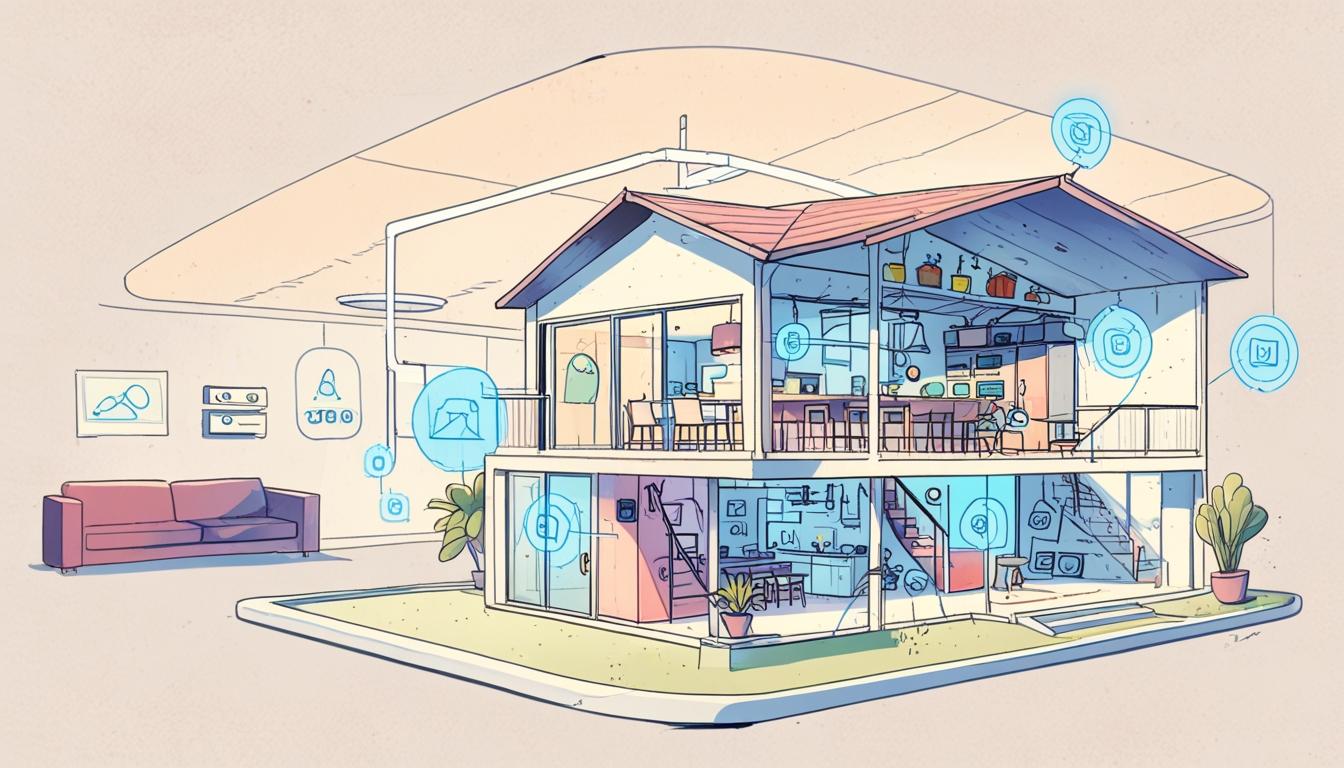Artificial intelligence (AI) is playing a transformative role in the evolution of smart home devices, offering homeowners increased convenience, enhanced security, and improved energy efficiency. These AI-enabled technologies are redefining home automation by learning from user behaviours and adapting to individual preferences, thereby streamlining daily living.
AI smart home devices encompass a range of applications, from smart thermostats that automatically adjust heating and cooling to optimise comfort and reduce energy consumption, to intelligent security systems that monitor activity and send real-time alerts to homeowners. According to indonewyork.com, these devices not only save energy and lower utility bills but also bolster home protection through features such as facial recognition and pattern analysis for detecting potential threats.
The energy-saving benefits are exemplified by smart thermostats and lighting systems. Smart thermostats learn the occupants' routines and adjust settings accordingly, while AI-driven lighting adapts brightness and colour to suit different activities, creating ambiance while minimising power usage. This optimisation contributes to cost savings and environmental benefits through reduced energy waste.
In terms of security, AI-powered smart cameras and alarm systems provide enhanced vigilance. Cameras equipped with AI can recognise faces and detect motions, alerting homeowners immediately to unusual activity. Similarly, AI-equipped alarms analyse behavioural patterns, delivering early warnings of potential security incidents, which increases homeowners’ peace of mind.
AI smart home devices also enhance everyday living through automation and voice control. Devices such as Amazon Alexa and Google Assistant serve as central hubs, allowing users to manage household tasks hands-free. Beyond controlling other smart devices, these assistants can automate mundane chores such as grocery shopping and maintenance reminders, making daily routines more manageable.
Popular AI smart home products currently available include smart speakers that control interconnected devices and advanced security cameras with facial recognition capabilities. These technologies reflect the broader trend towards smarter, interconnected home environments powered by the Internet of Things (IoT).
However, challenges exist alongside these benefits. The collection and handling of personal data by AI devices raise privacy and data security concerns. Additionally, these systems generally require a stable internet connection, which may limit their functionality in areas with poor connectivity.
Looking ahead, advancements in machine learning and IoT integration are expected to further enhance the capabilities of AI smart home devices. Continuous improvements will enable these technologies to better anticipate user needs and create more seamless, efficient home management experiences.
In summary, AI smart home devices are revolutionising household management by offering greater convenience, stronger security, and improved energy efficiency. As these technologies continue to evolve, they promise to play an increasingly central role in the future of home living.
Source: Noah Wire Services
